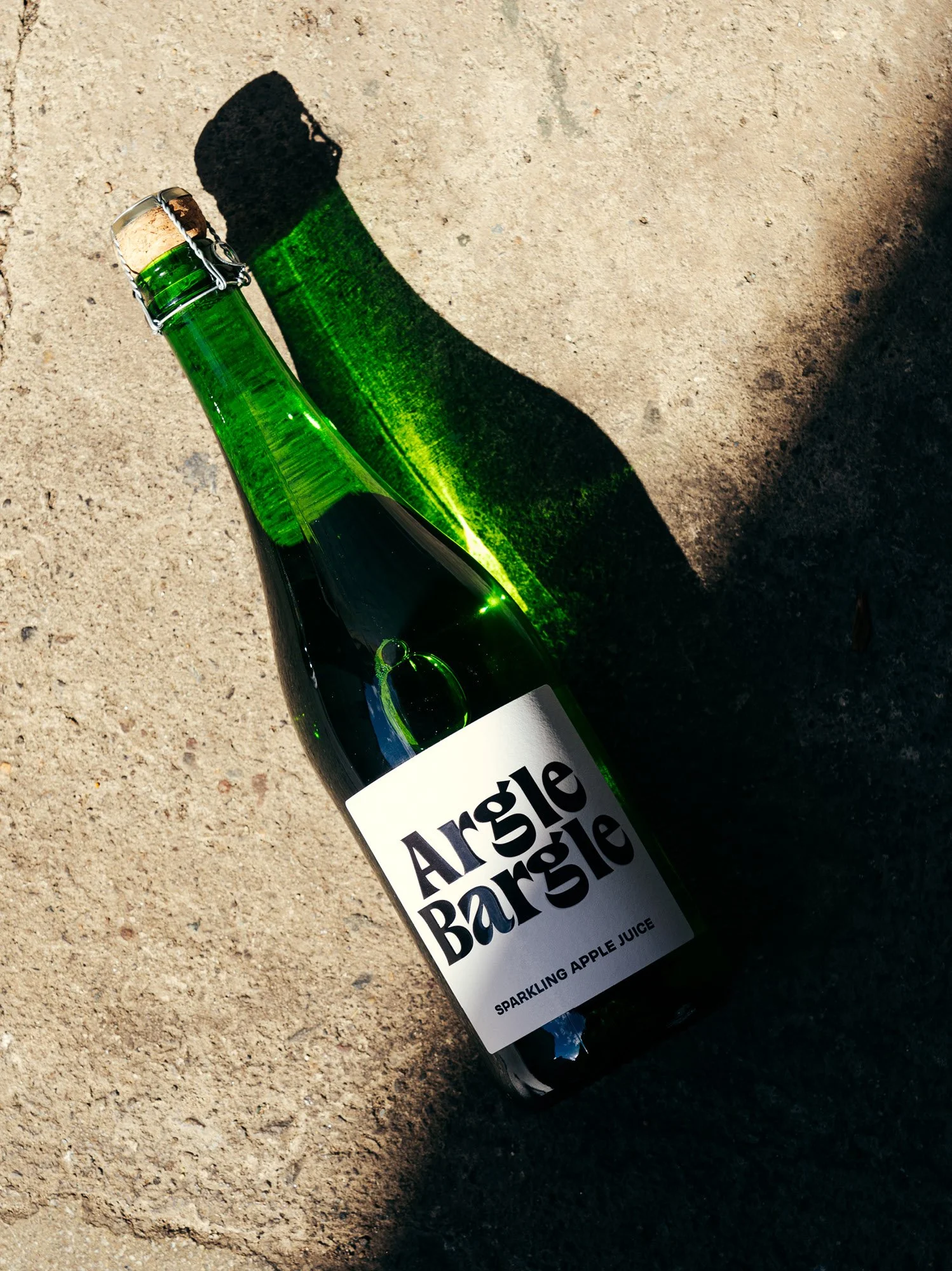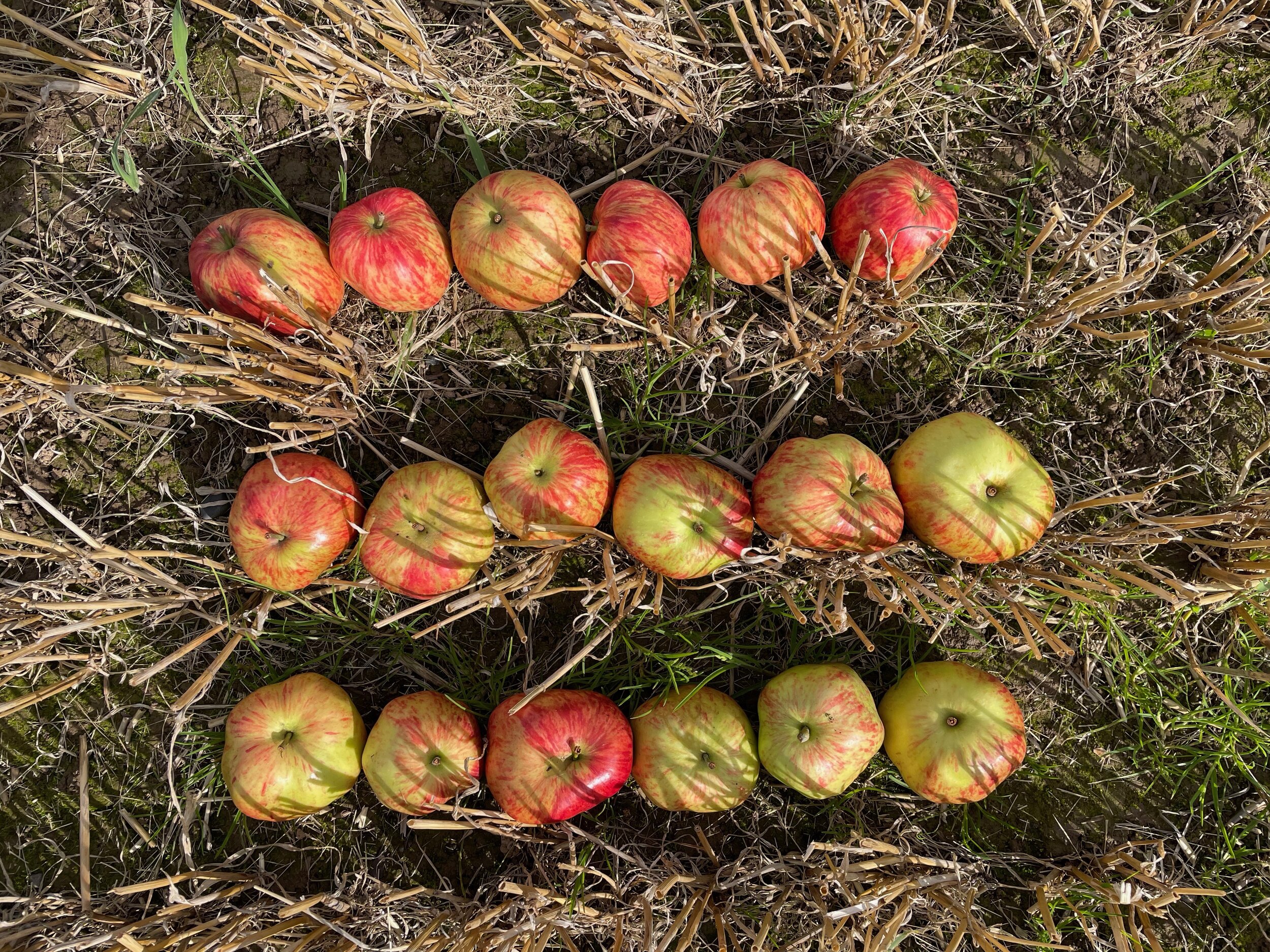
Aipple Cider x Mellis Cheese Pairings
Aipple Cider x Mellis Cheese Pairings
Cheese Board Pairings:
Sparkling Aipple x Blackmount Goat’s Cheese (in gorgeous mounds), Wee Comrie, St. Andrews Farmhouse Cheddar and Dhorlin
Whisky Cask Aipple x Brie de Meaux and Traditional Ayrshire Dunlop
Argle Bargle Sparkling apple juice x landana rosso and cashel blue
PLEASE CALL AHEAD TO MAKE SURE AIPPLE IS IN STOCK. AIPPLE OFTEN SELLS OUT BEFORE OUR SMALL TEAM HAS A CHANCE TO RESTOCK.
IF YOU WOULD LIKE TO STOCK AIPPLE CIDER, PLEASE either email us directly at:
HELLO@HYRNESIDE.CO.UK
Or contact our distributor, Mellis Cheese.
Our wonderful stockists include: Aeble, Mellis Cheese, Lindores Abbey Distillery, Bowhouse Events, Balgove Larder, Ardross Farm Shop, Ballintaggart, Kinneuchar Inn, The Mercat, Pitlochry Festival Theatre, Vino, Drinkmongers, The Dell, Auld Hag, Gloagburn Farm Shop, Highland Liquor Co., Boar’s Head, Villeneuve Wines, Tebay and Cairn Lodge, Rosemount, No 40 Bearsden, Elements, Crabshakk, Mayvn
Aipple [aepl] (noun) The Scots word for apple, which captures what was the common pronunciation and the humble, horticultural history of apple growing in Scotland.
Inspired by Newburgh’s history as an Orchard Town and the 830 year old story of local apple growing (which began with French monks in 1191), we worked with the Woodland Trust to plant hundreds of apple trees on our farm — a careful mix of both Scottish Heritage and Classic Cider Apples.
Valuing biodiversity, we have alley-cropped our apple trees within our arable crops of barley and underplanted them with a permanent wildflower mix, which attracts pollinators and pest eating insects that spread throughout the crops.
Combined with foraged apples from the historic trees of our local parish orchards, the fruit is fermented over winter and our annual small batch of cider released late spring.

750ml sparkling medium dry
440ml slightly sparkling Medium dry
whisky Cask finished Still Dry 500ml
Tasting Notes and Stories
-
Aipple 750ml Bottle
Made for celebrating, this small batch of Aipple is a sparkling, light and refreshing Medium Dry cider, with mellow apple aromas, a citrus note on the taste, good balance and a crisp, dry finish.
-
Aipple 440ml and 330ml Cans
Made for setting the scene at garden BBQs, stashing in picnic baskets, dishing out at summer beach parties, and popping in backpacks to enjoy mid-hike, this small batch of Aipple is a sparkling, light and refreshing Medium Dry cider with mellow apple aromas, a citrus note on the taste, good balance, and a crisp, dry finish — for sun shiny days.
-
Whisky Cask Finished Aipple 500ml
Finished in Single Malt Scotch Whisky Firkins and Quarter Oak Casks for just three months to achieve a subtle nod to lowland malt, this limited release of Aipple celebrates the story of Hyrneside. Hyrneside's farm, Parkhill, has been growing malting barley for the original whisky makers of Scotland for centuries. Inspired by Newburgh's history as an Orchard Town, we now grow barley alongside our Scottish Heritage and Classic cider apple trees (which are planted in rows within the barley for biodiversity); our malted barley imbues this selection of Aipple - a true embodiment of our provenance.
Tasting Notes: A still and unfiltered dry cider, with fresh apple aromas, and subtle vanilla and caramel on the nose. Full of apple with oak on the palate and a crisp, dry finish, ideal for cheese and fish pairings.
-
Argle Bargle Sparkling Apple Juice 750ml
“Last night ye haggled and argle-bargled like an apple-wife.” Kidnapped, by Robert Louis Stevenson, 1886.
Argle: an argument or confrontation of moderate intensity, somewhere between a spirited debate and a fistfight.
Bargle: a word with no independent existence, but a very British, playful, rhyme.
A sparkling non-alcoholic celebratory drink that raises a glass to the feisty Apple Wives of Scotland — the apple sellers renowned for their spirited and persistent skills of negotiation.
Argle Bargle is an annual press of the local Scottish apples grown in and around the historical Orchard Town of Newburgh, where in 1191, the monks from Thiron, France brought their horticultural skills and penchant for apples, planting orchards on the surrounding hillsides of Newburgh, producing fruit that became famous throughout Scotland.
The abbey divided the orchard into long narrow strips so that the local townspeople could help take care of the fruit trees, in exchange for a portion of the crop, whilst growing vegetables and raising livestock beneath them.
These distinctive strips have been handed down through the generations as the gardens of Newburgh, and continue to produce fruit — and host markets, where apples continue to be sold, in a rather less raucous fashion.






